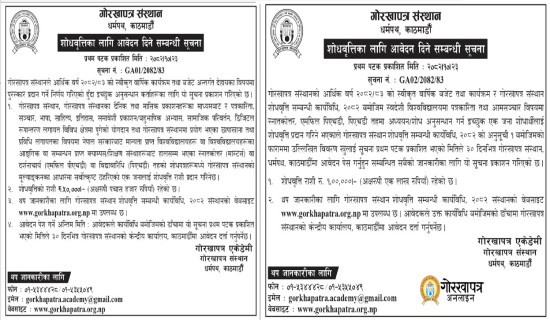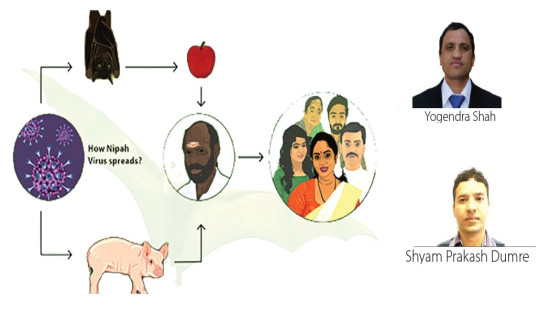- Saturday, 7 February 2026
East-West Highway upgrade works make no momentum in Sarlahi, Dhanusha
BY JANARJAN KHATRI,Sarlahi, Apr. 27: The upgrading of 74.75 kilometres of Kamala-Badahari-Phuljor-Bagmati road section under Kamala-Dhalkebar-Pathalaiya Road Project in the eastern section of the East-West Highway has not gained any momentum. The project has remained disorganised and has not progressed as expected due to delays in tree-cutting processes.
Upgrade work on the eastern section officially began on January 1, 2025, from three points, west of Kamala Bridge, Badahari in Dhanusha District and Phuljor in Sarlahi with a loan of Rs. 18.6 billion from the World Bank.
IKC Infrastructure Ltd. of India was awarded the contract for the Kamala Bridge to Badahari section while the Chinese company SWEJ and Rasuwa Construction Company RCC Joint Venture were contracted for the Badahari–Phuljor and Phuljor–Bagmati sections.
The construction is scheduled to be completed by 2027. However, the progress remains quite slow. Work has not yet begun in forested areas due to the incomplete tree-cutting process.
According to the Kamala–Dhalkebar–Pathalaiya Road Project (Eastern Section) office in Gauridanda, Mahottari, the construction work is facing issues as all obstructions such as trees and utility poles along both sides of the road need to be removed as part of pre-construction preparation. The two-lane East-West Highway is being upgraded to six lanes (31 metres wide) in urban and market areas and to four lanes (18 metres wide, including medians) elsewhere, leading to numerous obstacles within the road’s right of way.
According to project Chief Chhabilal Paudel, 8,452 trees of various species need to be removed from both sides of the road from Kamala to Bagmati in western Sarlahi. The tree-cutting process involves complex procedures through the Division Forest Office, the provincial government and the federal government, making it unclear when the trees will be cut.
On the other hand, the relocation of electric poles is another issue. According to a survey conducted by the project and the authority two years ago, there are 222 electric poles between Kamala and Bagmati in the eastern section. The project has estimated a cost of Rs. 350 million for pole relocation. The process involves coordination with the provincial office and the directorate of the Nepal Electricity Authority before going to the tender stage, which also takes time.
Additionally, optical fiber cables laid parallel to the highway by Nepal Telecom are causing further complications. An MoU (Memorandum of Understanding) is being prepared between the project and Nepal Telecom to address this. According to Paudel, after the MoU is signed, Nepal Telecom will need to ensure the budget, and then the road contractor will remove the fiber cables.
Furthermore, as 25 metres on each side of the road’s right of way needs to be cleared, 66 structures are belonging to 64 households, 204 sheds, four petrol pumps, 35 temples, 55 peepal and banyan trees and resting platforms, 17 Nepal Army posts, two police check posts, four police outposts, one waiting shelter, eight wells, 69 waiting shelters and three public toilets between Kamala and Pathalaiya have to be pulled down. In addition, the upgrade could disrupt 33,160 metres of drinking water pipelines.














